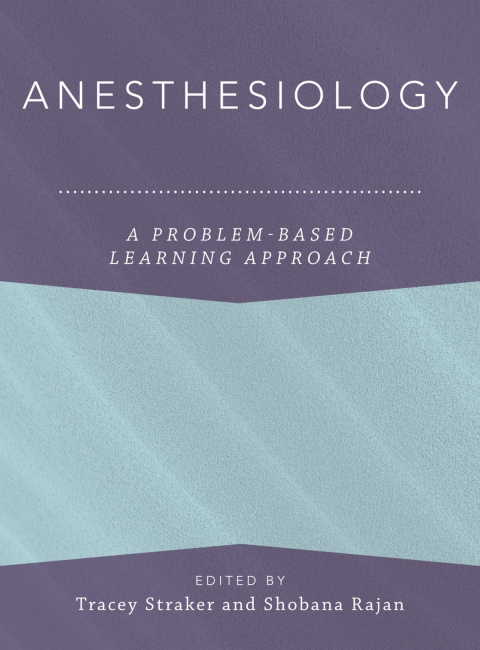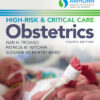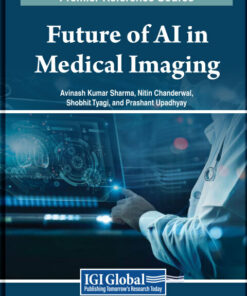Anesthesiology: A Problem-Based Learning Approach 1st Edition Ebook (nilibook.shop)
$25.00
Tracey Straker; Shobana Rajan
Anesthesiology: A Problem-Based Learning ApproachLinking existing knowledge to new knowledge by presenting it in the form of a case or a problem is a popular and effective educational approach resulting in better retention of the knowledge and improved ability to apply that knowledge to solve real problems. This problem-based learning (PBL) method was introduced into medical education at McMaster University in Ontario, Canada, in 1969. Since then it has been widely incorporated into secondary, undergraduate, and graduate education in a variety of disciplines worldwide.
This new volume for the Anesthesiology Problem-Based Learning series reviews topics in general anesthesiology utilizing the PBL approach. Each chapter deals with conditions and problems in anesthesia practice presented as a case stem with questions to encourage critical thinking, followed by an evidence-based discussion and multiple-choice questions for self-assessment. Current in its knowledge of organ systems and management, the text keeps pace with new technology, new drugs, and new surgical techniques coupled with current guidelines for anesthetic management. Cases highlight the practical issues that arise in the operating room and offers solutions for them.
The book can be used to review an upcoming clinical case or as a PBL tool. The Stem Case and Key Questions and Discussion sections can serve as the basis for interactive learning experiences for study groups or as a broad yet in-depth clinical review of the specialty for the individual learner. Self-assessment questions can be used as a measure of knowledge acquisition or simply as a question bank to prepare for examinations.ISBN: 9780190850692, 0190850698
Related products
Uncategorized











